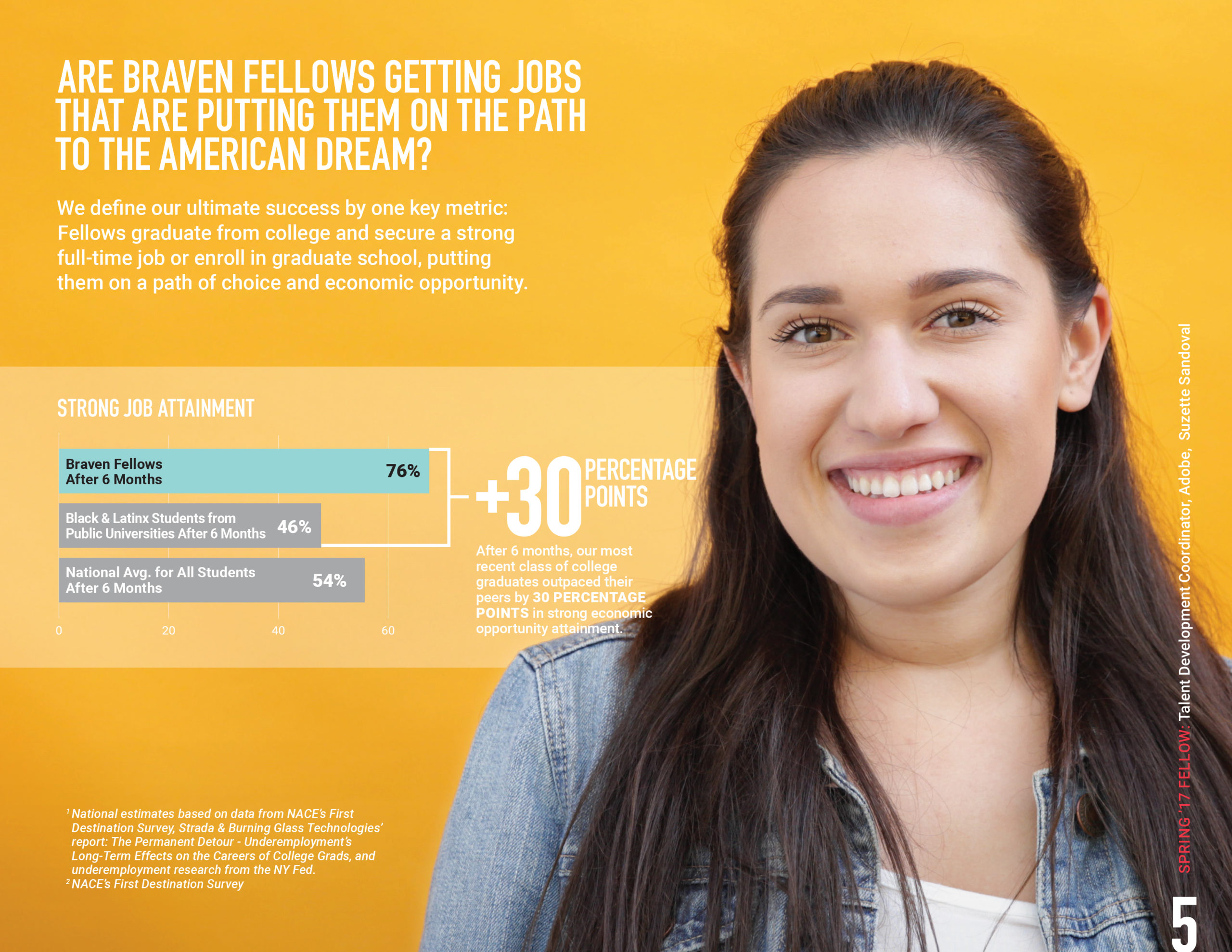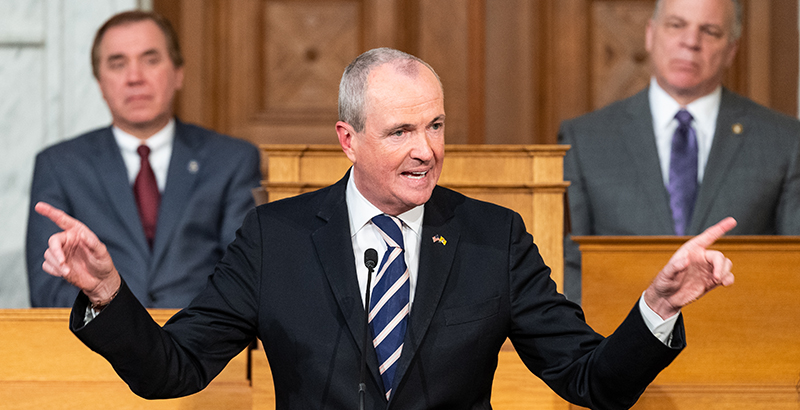
“Without Braven, I Wouldn’t Be Where I Am Now.” A Partnership with Rutgers Helps First-Gen College Students “Achieve the American Dream.”
February 4, 2019
As N.J. Governor, Legislature & Teachers Union Wrangle Over PARCC, the Fate of 170,000 High School Seniors Hangs in the Balance
February 6, 2019Stacey Abrams Will Give the Democratic Response to Trump’s SOTU. Here’s What She Should Know About What Parents Really Want.
This is a guest post from my friend and colleague Erika Sanzi, who blogs at Good School Hunting. She is a mother of three sons and taught in public schools in Massachusetts, California and Rhode Island. She is currently a Fordham senior visiting fellow.
Stacey Abrams became something of a household name in the weeks leading up to the 2018 midterms and tonight she will give the Democrat response to the President’s State of the Union Address. Abrams shot to political stardom when she came close to becoming Georgia’s first Black woman governor. And there would have been much to cheer about that glass ceiling being broken, especially in a southern stronghold like Georgia. Abrams is an unapologetic progressive, former minority leader of the Georgia House of Representatives, and fierce advocate for voting rights. Oprah even went door to door for her in the final days of the campaign.
Welp, I suspect that Oprah either doesn’t know or chose to overlook Abrams’ positions on education. Oprah helped to propel the issue of school choice into the mainstream and she has been a vocal supporter of parents, especially low income ones, having choices about the schools their children attend. Stacey Abrams does not share that view. In fact, most people who proudly wear the progressive label are opposed to all versions of school choice. They are adamant about the need for more funding and even more adamant that only one kind of school is entitled to those public dollars. Did you see Alexandria Ocasio Cortez’s tweet about the recent teachers’ strike in Los Angeles? Or the tweets of every Democratic 2020 presidential hopeful who had declared by the time of the strike? They were unanimous in their blind support for the striking teachers but had nothing to say about the families left scrambling or the schools that have had staggeringly low student outcomes for generations.
Parents—especially Black and Hispanic parents—support school choice in large numbers. And in Georgia, as recently as 2012, more than two thirds of Georgia voters demanded more educational choice at the ballot box—and the support was bipartisan with some of the strongest supporters representing Democratic strongholds in urban Atlanta. Abrams voted against the constitutional amendment to make the state of Georgia a charter school authorizer and she opposed the creation of an Opportunity School District that would have allowed for a state takeover of the lowest performing schools. The Georgia Federation of Teachers didn’t think that Abrams’ opposition was robust enough or that she had done enough to keep the Opportunity School District off the ballot. She lost their support. The measure was defeated by voters anyway.
Stacey Abrams has certainly learned her lesson and she has staked out more robust union-friendly positions on education. She has chosen to back only one kind of educational delivery system—traditional zip code zoned public schools—over empowering parents to make the decisions that they believe will best suit their children. And while it may be the politically expedient position to take—especially in the era of Trump— there is a striking cognitive dissonance between her tireless advocacy for the voting rights of African Americans and her opposition to giving African American parents some agency over the education of their children.
I don’t get it.
According to a January 2018 poll of Georgia voters, education is the “single most important issue facing Georgia.” And according to every poll I’ve seen, African American voters are much more likely to support charter schools, vouchers, and education savings accounts than they are to oppose them. The same is true of Hispanic voters. And white voters too, though to a lesser extent. (All photos are below are from the 2018 Education Next poll here.)

The Georgia Education Association, a state affiliate of the NEA, was one of Abrams’ biggest cheerleaders in her race for Governor. The first reason they cited for supporting her candidacy? Her opposition to vouchers and charter schools. The image below is cut and pasted directly from the NEA website:

Abrams is a courageous risk taker by nature—we can see it in her life trajectory and in her campaign for governor. But when it comes to her education platform, that innate courage and willingness to take risks quickly evaporates. I sincerely wish Abrams well tonight as she tackles the tricky job of delivering the State of the Union rebuttal while at the same time hoping that she changes course on education and joins in the fight to give parents the agency to choose the school that is best for their child.




